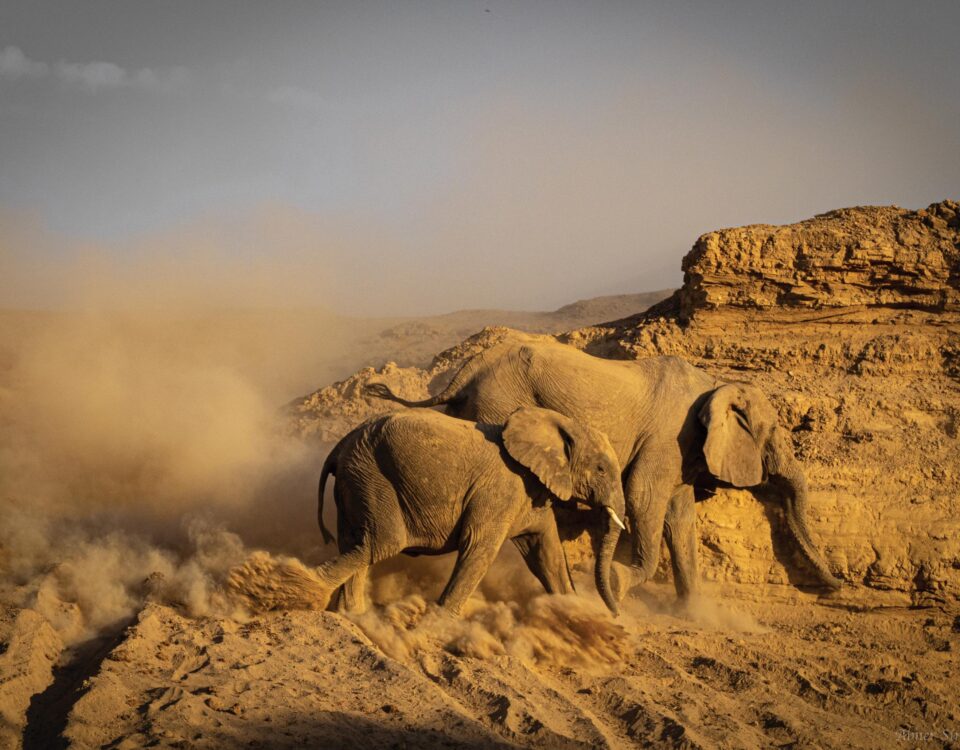Summer rains in Namibia
December 22, 2012Tsumeb – a hidden jewel close to Etosha
January 9, 2013By Bill Torbitt
Facts on … Christmas the world over
NOTEWORTHY HISTORICAL CHRISTMAS EVENTS
-
Sometime around the year 350 AD, Christmas began to be celebrated on 25 December.
-
On Christmas Day 1066, William the Conqueror of Normandy, the last person to successfully invade England and defeat the Anglo-Saxons, was crowned king.
-
On Christmas Day 1492, Columbus finally reached the New World, docking at what is now the Dominican Republic.
-
Isaac Newton, the founder of mathematical physics, was born on Christmas Day 1642.
-
On Christmas Day 1776, General Washington crossed the frozen Delaware River to launch a surprise attack on the British, turning the tide in the American War of Independence.
-
On Christmas Eve in 1818 the first Christmas carol, Silent Night, was performed at the Church of St Nikolaus in Oberndorff, Austria.
-
On 26 December 1898 Pierre and Marie Curie announced their discovery of radium, opening the door for the study of the atom.
-
On 23 December 1947, John Bardeen, Walter H Brattain and William Shockley announced the invention of the transistor, laying the foundation of the modern world of electronics.
-
Also in 1947 in South Africa, Natal (now KwaZulu-Natal) was thus named by Vasco da Gama as he sailed past at Christmas.
-
And on Christmas Day 1599, the city Natal in Brazil was founded. Indeed, any place named Natal was more than likely due to Christmas associations.
-
Iconic comedian Charlie Chaplin died in Switzerland on Christmas Day 1977.
-
At Christmas 1982 TIME magazine bestowed its Man of the Year award to the computer – the first and only time the award was not made to a human.
-
The Romanian dictator Nicolae Ceausescu and his wife, Elena, were captured and shot by revolutionaries on Christmas Day 1989.
-
At Christmas in 1990, at the CERN research establishment in Switzerland, the first trials were made of the system, which was later to become known as the World Wide Web.
-
In 2004, on 24 December, while the affluent western world was recovering from the effects of festive dinners, a huge 9.1 strength earthquake and subsequent tsunami erupted in the Indian Ocean, devastating coastal areas of Indonesia, Thailand, Sri Lanka and India, and killing over 200 000 people, some as far away as in South Africa. It released energy equivalent to 100 years of world power consumption, made the earth wobble measurably on its axis, and was one of the worst natural disasters in history.
 ON THE EVE OF WORLD WAR 1
ON THE EVE OF WORLD WAR 1
In 1914, on the first Christmas Eve of the First World War, the strange and legendary truce occurred between the entrenched German and Allied forces.
Soldiers from both sides climbed out of their muddy dugouts, placed Christmas trees in no-man’s land, exchanged festive food and drinks, and sang carols together.
The truce lasted for several days, until furious officers on both sides forbade further ‘fraternisation’ and ordered the resumption of hostilities. The truce was not repeated in the later years of the war. Due to the slaughter, the bitterness had grown too great between the sides.
CHRISTMAS IN NAMIBIA
Not much actually happens in Namibia at Christmas time, other than on the beach at Swakopmund, and these celebrations are not usually of historic importance.
But a few little known events have been recorded: the Christmas peace in 1842 in Namibia was an agreement between Ovaherero groups with the Nama commander Jonker Afrikaner to settle in what is now Windhoek; and at Christmas in 1906, a peace treaty was agreed between the Bondelswarts Nama community and the German military at the height of the Namibian genocide.
The community members were allowed to settle near Warmbad. And on Christmas Day in Namibia in 1914, invading South African troops landed at Walvis Bay. The German commander of Swakopmund, Major Ritter, gave orders not to defend the town but to fall back inland to delay the further advance of South African forces.
Sources and references available from bill@iway.na
This article originally appeared in the December 2012 Flaming magazine edition.


